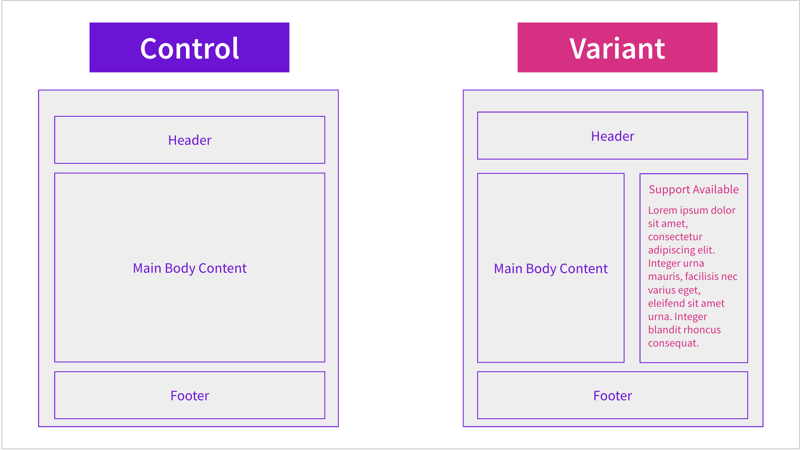Start here: how our SEO split tests work
If you aren't familiar with the fundamentals of how we run controlled SEO experiments that form the basis of all our case studies, then you might find it useful to start by reading the explanation at the end of this article before digesting the details of the case study below. If you'd like to get a new case study by email every two weeks, just enter your email address here.
On this week's #SPQuiz, one of our customers tested implementing localized content with new keywords to the site in two different ways: in a new content block and converting the FAQs. The idea was that by adding specific content and links based on detail pages will help the page perform better in the search results for users doing preliminary research into the services provided. It may also impact ranking due to introducing new keywords or improving existing ones. How do you think this impacted the organic traffic?
Here’s what our LinkedIn and Twitter followers thought this SEO test result could be.
LinkedIn Poll
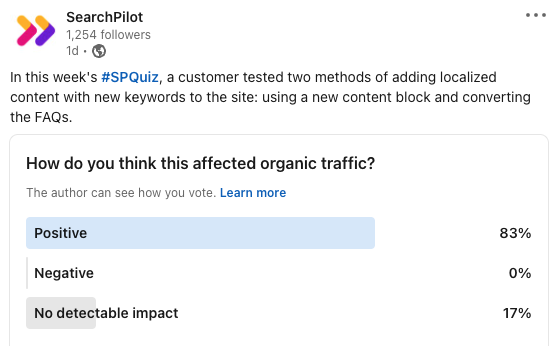
Twitter Poll
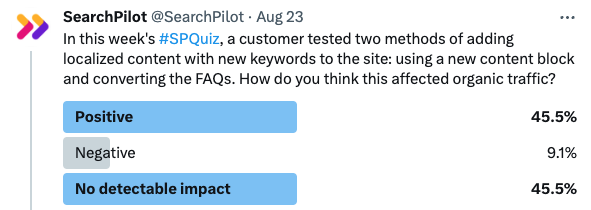
During this week, our voters were divided! Our Twitter followers were torn and half voted that it would have a positive impact meanwhile the other half thought there would be no detectable impact. Meanwhile, most of our LinkedIn followers thought it would have a positive impact. To learn more, read the full case study below.
The Case Study
It's not uncommon for marketing teams to adjust their SEO strategies to enhance user experiences. With Google emphasizing user experience as a crucial ranking factor, this aspect has been increasingly important. A widely employed method to achieve this enhancement is by adding localized content.
We know inserting additional content to pages can impact organic traffic by introducing new information to users and Google. Therefore, we hypothesized that by adding specific content, it will help the page perform better in the search results for users researching support in the service our customer provides. By serving location-specific content, we can tap into the user's localized intent, enhancing the relevance and context of the information provided. Google can perceive the page as being richer in specialized content, improving the page rankings and positively impacting organic traffic.
In the context of our customer, they wanted to rank for new keywords in a related industry. The first test involved adding supplementary text to their location listings pages. In the second test, we updated the Frequently Asked Questions (FAQs) section with the text. Each location has specific unique content tailored to that area.
What was Changed
Here is what we changed when we added supplementary text to their location listings pages:
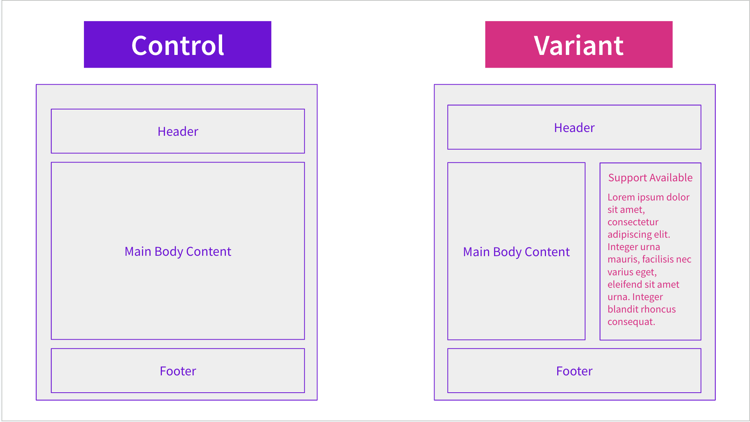
Here is what we changed when we included localized content to the FAQs:
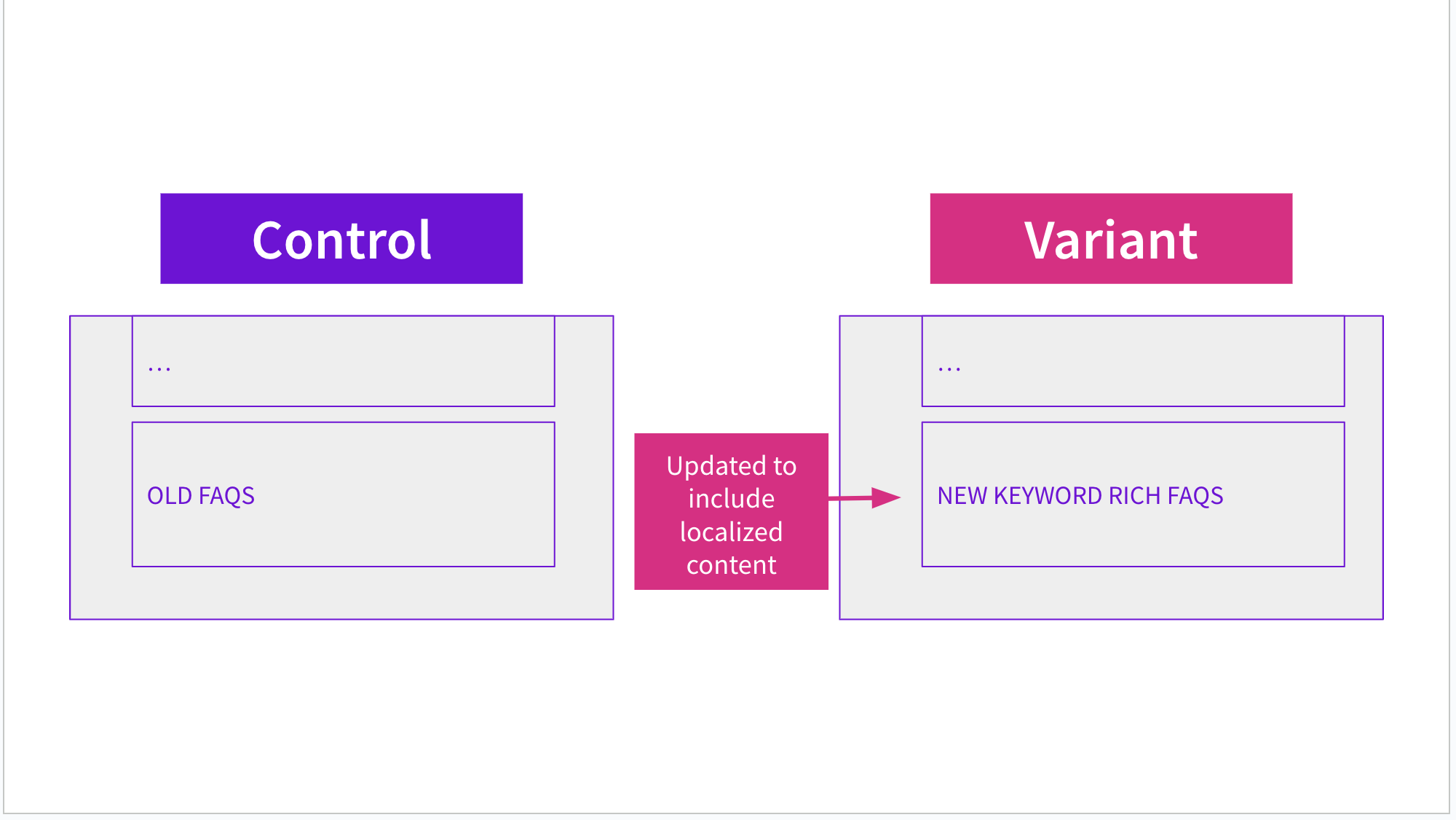
These are the results of the two tests:
This is the result of adding supplementary text to their location listings pages:
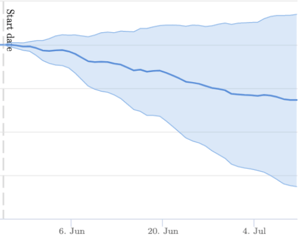
This is the result of updating the FAQs with localized content:
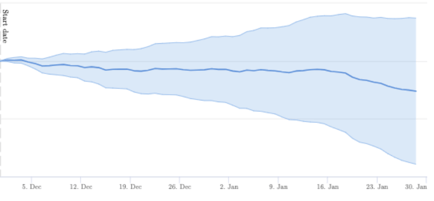
In both experiments, the results were inconclusive. It's possible that the lower traffic levels during the testing period affected the model's sensitivity. Nevertheless, our implemented changes may not have been significant enough to impact new keywords or page rankings.
Moreover, in the second experiment, we encountered a challenge with the content being hidden behind an accordion. We have previously tested the impact an accordion has on organic traffic; where we saw a 6% uplift in putting content into collapsible tabs. This may have had an impact on the organic traffic that we didn't consider in the beginning. We propose a follow up test on the accordion as the content may have been considered highly in the rankings. Although the tests didn't yield definitive results, they emphasize the importance of making content easily accessible to users and search engines alike.
How our SEO split tests work
The most important thing to know is that our case studies are based on controlled experiments with control and variant pages:
- By detecting changes in performance of the variant pages compared to the control, we know that the measured effect was not caused by seasonality, sitewide changes, Google algorithm updates, competitor changes, or any other external impact.
- The statistical analysis compares the actual outcome to a forecast, and comes with a confidence interval so we know how certain we are the effect is real.
- We measure the impact on organic traffic in order to capture changes to rankings and/or changes to clickthrough rate (more here).
Read more about how SEO testing works or get a demo of the SearchPilot platform.
